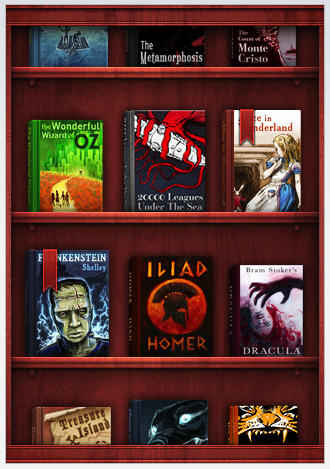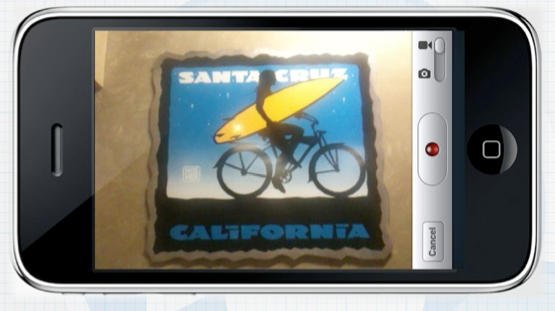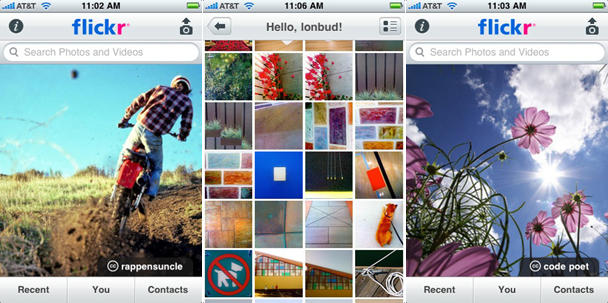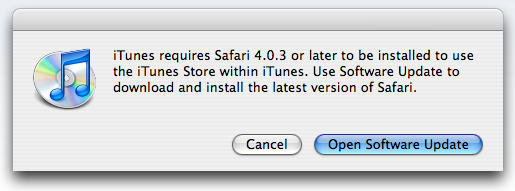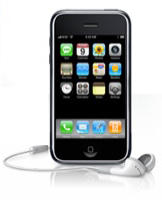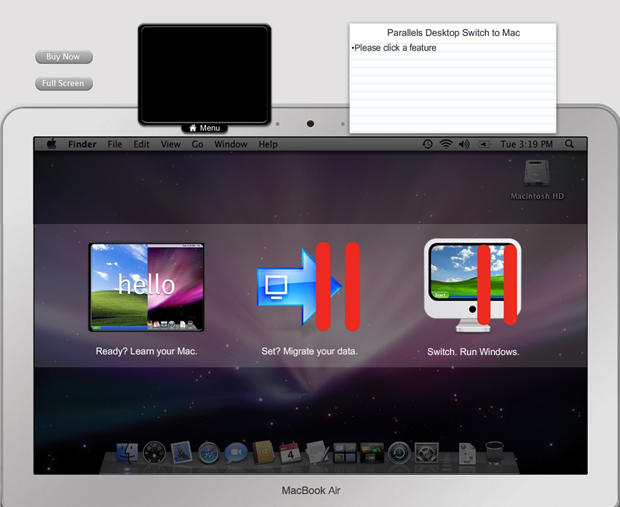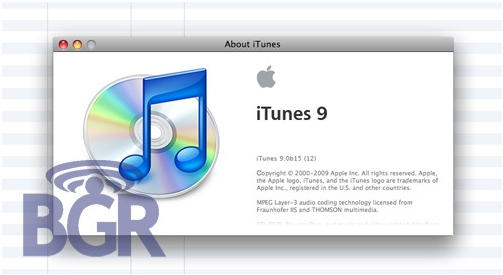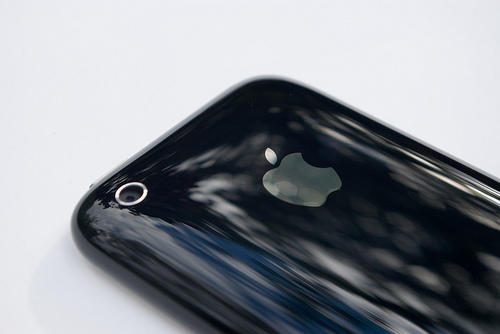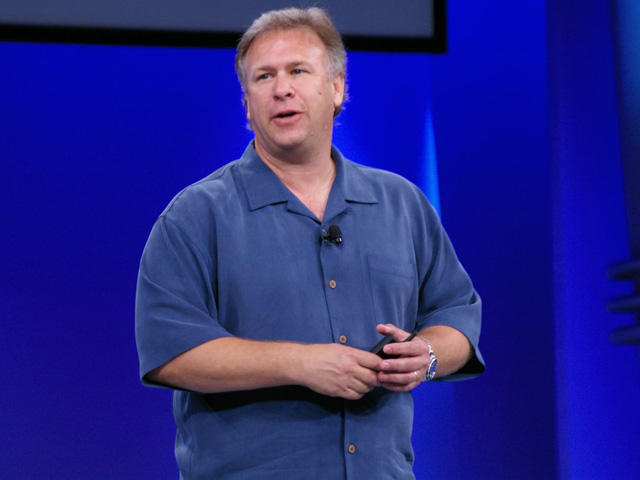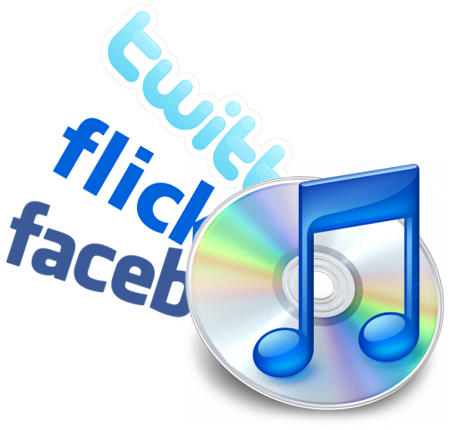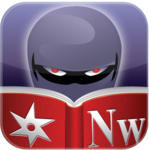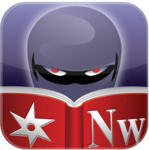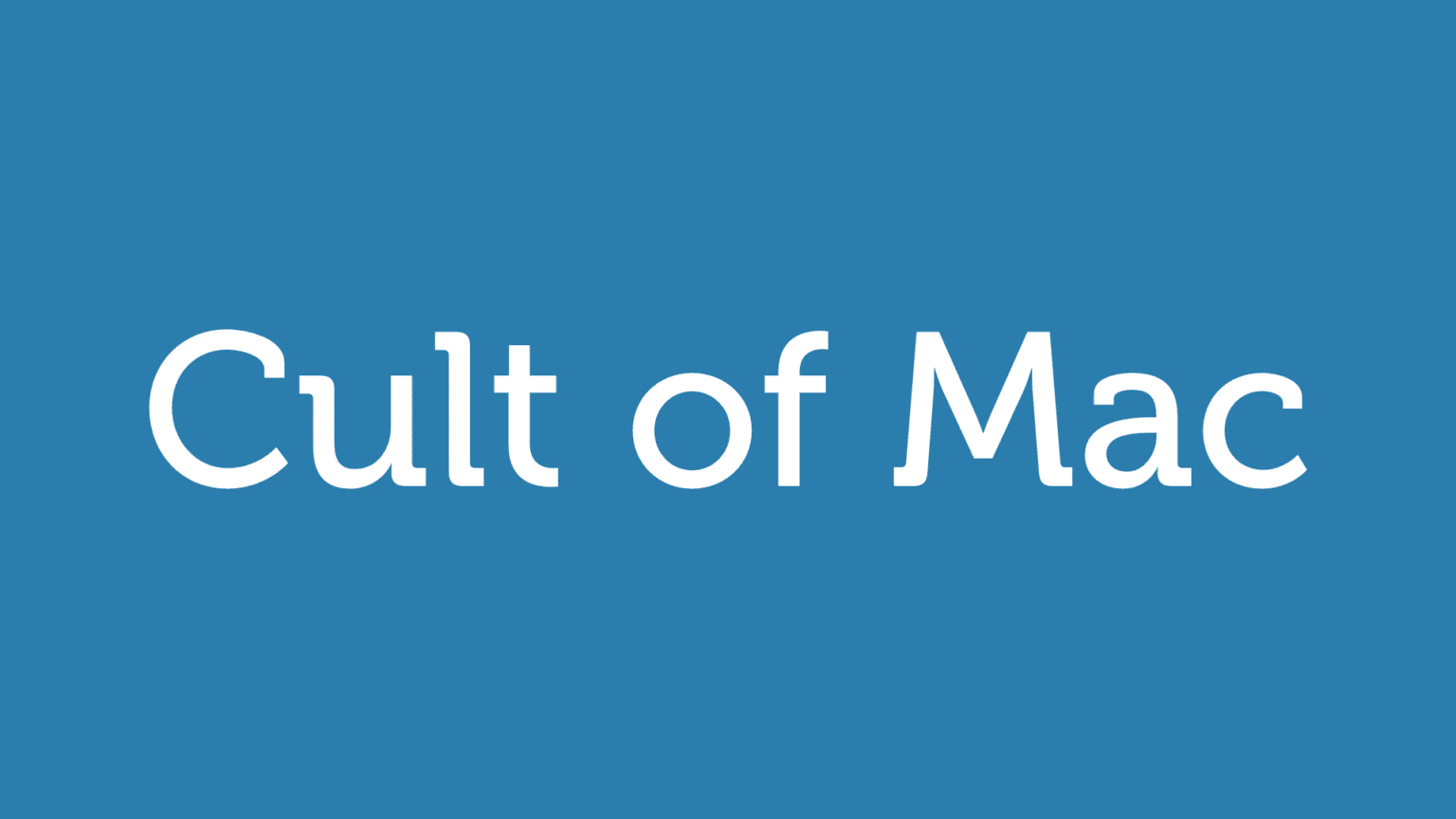Apple has revoked the iPhone developer’s license of one prolific mobile app developer, according to a report at MobileCrunch, but the company is still taking heat for inconsistencies in its App Store approval policies.
Kahlid Shaikh and his team of 26 engineers working under the name Perfect Acumen had over 900 apps approved and selling in the iTunes App Store until July 24, when Apple terminated Shaikh’s iPhone Developer Program License due to concerns over “numerous third party intellectual property complaints concerning over 100 of [his] Applications.”
The majority of Shaikh’s apps merely aggregated content found on the web and delivered it to iPhone users under titles such as “US Army News”, “Skin Care Updates” and “Economical Crisis Updates”, as well as other questionable content under titles such as “Top Sexy Ladies” and “Top Sexy Men”.
Shaikh admitted he is not concerned about creating particularly valuable apps, according to the MobileCrunch report. Instead, he said, he’s going for “less product value” and “more monetization.” Many of his apps had been sold for $4.99, generating revenue in the range of thousands of dollars per day for Perfect Acumen, according to the report.
Despite having finally grown exasperated with fielding copyright and intellectual property claims against Shaikh, and having acted to remove what some believe was a raft of useless apps from the App Store, Apple is taken to task by the author of the MobileCrunch report for inconsistencies in its App Store review process. The entire brouhaha here is seen as evidence that “Clearly, Apple doesn’t know what the hell it’s doing.”
It appears, in the eyes of some, Apple cannot win for losing, no matter what the company does with the App Store. Either its review process is too open or it’s too restrictive; the store has too many useless apps, bans products users want, or acts to cull sketchy apps — and the end result is “Apple Sucks” no matter what they do.
Apple’s is a difficult position for a company to be in. The company created an entirely new distribution model for an industry that didn’t even exist two years ago. It created opportunity and economic activity that has amounted to one of the few glimmering beacons of hope in what has been roundly described as one of the worst economic downturns in nearly a century. And yet some people seem unable to accept the fact that every single decision made at every step of the way has not resulted in clear skies, smooth sailing and endless joy for one and all.
Make no mistake: Apple is a huge company that can and will act with caprice to get and maintain whatever economic advantage it can in a ruthless marketplace. The FCC appears increasingly interested in the operational nuances among Apple, Google and AT&T, as the formerly moribund antitrust watchdogs of the federal government are starting to prick up their ears under the Obama administration.
However, when Apple acts to shed the likes of Shaikh and his questionable work product from the App Store the company ought to be praised for finally — if belatedly — doing the right thing.
